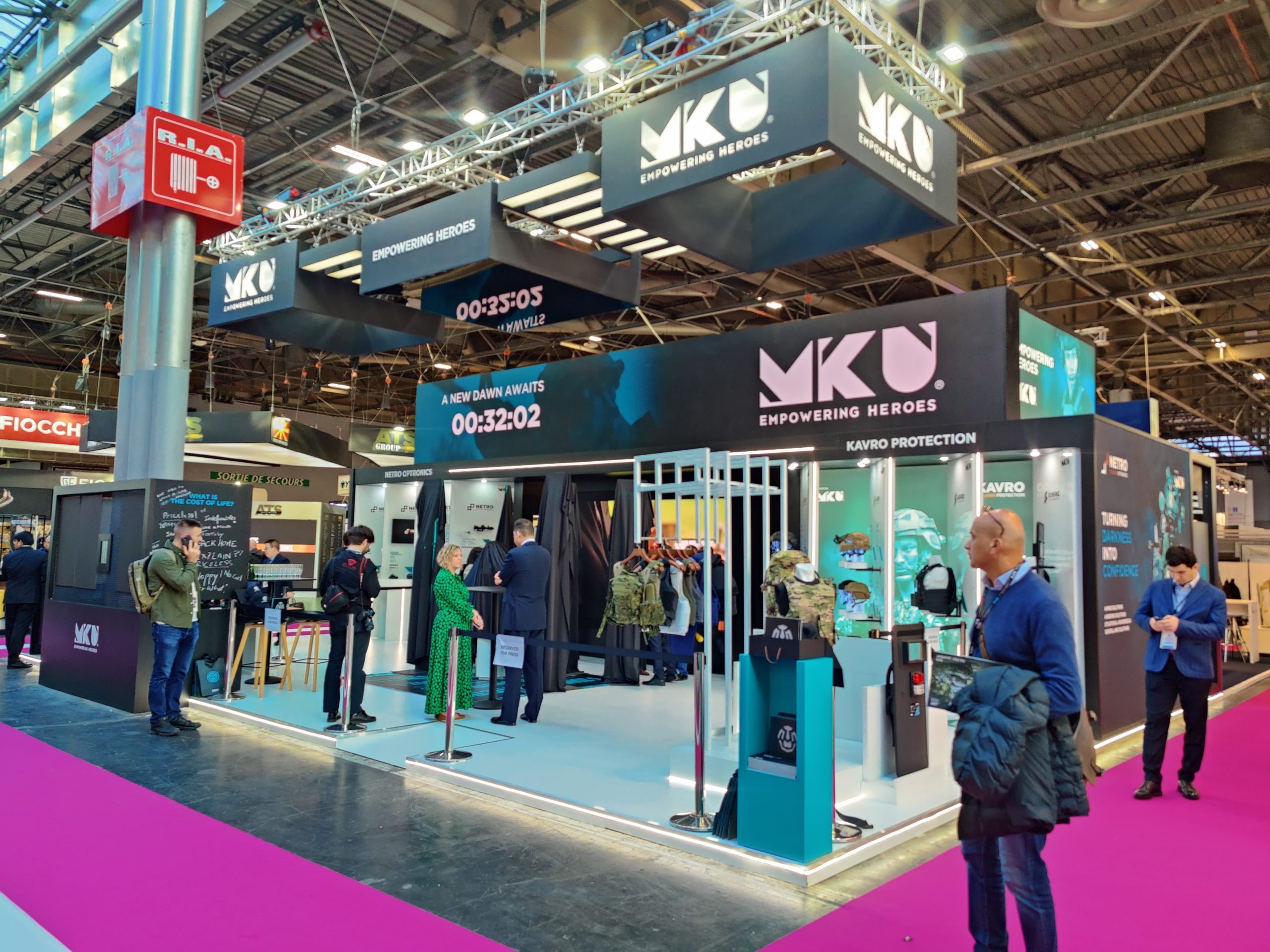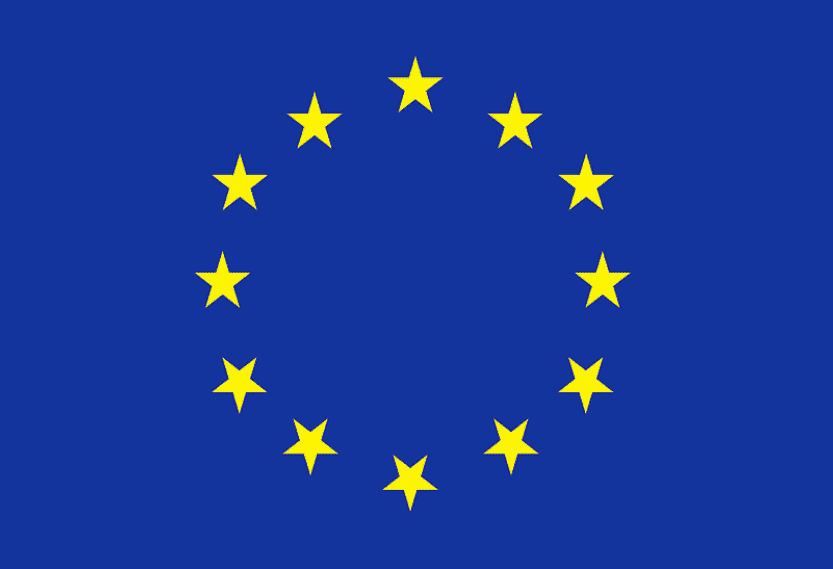
Introduction:
Experiential marketing, also known as engagement marketing or event marketing, is a strategy that prioritizes creating immersive and memorable experiences for consumers. Unlike traditional advertising methods that focus on conveying messages through static mediums, experiential marketing aims to actively engage consumers and forge emotional connections with brands.
In this article, we’ll explore how experiential marketing is revolutionizing brand promotion through unconventional tactics that captivate audiences and drive meaningful engagement.
Immersive Brand Experiences:
- Experiential marketing creates opportunities for consumers to interact with brands in immersive and unforgettable ways.
- By providing hands-on experiences and sensory stimulation, brands can leave a lasting impression on consumers and differentiate themselves from competitors.
Emotional Connection and Engagement:
- Experiential marketing taps into consumers’ emotions, fostering a deeper connection with brands beyond just product features or benefits.
- Through memorable experiences that resonate on a personal level, brands can build loyalty and advocacy among consumers who feel genuinely connected to the brand.
Authentic Storytelling:
- Experiential marketing allows brands to tell their story authentically and in a way that resonates with consumers.
- By creating narratives that are relevant, relatable, and emotionally compelling, brands can capture consumers’ attention and leave a lasting impression.
Creating Shareable Moments:
- Experiential marketing events often create shareable moments that encourage consumers to capture and share their experiences on social media.
- By leveraging user-generated content, brands can extend the reach of their campaigns and amplify their message to a broader audience.
Building Community and Advocacy:
- Experiential marketing brings people together, fostering a sense of community and belonging among consumers who share similar interests and values.
- By creating opportunities for interaction and dialogue, brands can cultivate brand advocates who become ambassadors for the brand within their social circles.
Measurable Impact and ROI:
- Experiential marketing campaigns can be measured in terms of both qualitative and quantitative metrics, allowing brands to evaluate the success of their efforts.
- From tracking social media engagement and brand sentiment to measuring foot traffic and lead generation, brands can assess the impact of experiential marketing on their bottom line.
Adaptability and Innovation:
- Experiential marketing is inherently flexible and adaptable, allowing brands to experiment with new ideas and approaches.
- By staying ahead of trends and embracing innovation, brands can continue to captivate audiences and stay relevant in an ever-evolving marketplace.
Conclusion:
In conclusion, experiential marketing is revolutionizing brand promotion by offering unconventional tactics that prioritize engagement, emotional connection, and authentic storytelling. From creating immersive brand experiences and fostering community to leveraging shareable moments and measuring impact, experiential marketing offers brands a powerful way to connect with consumers in meaningful and memorable ways.
As brands continue to embrace experiential marketing as a core strategy, we can expect to see even more innovative and immersive experiences that captivate audiences and drive brand loyalty in the years to come.


 US
US
 EU
EU


